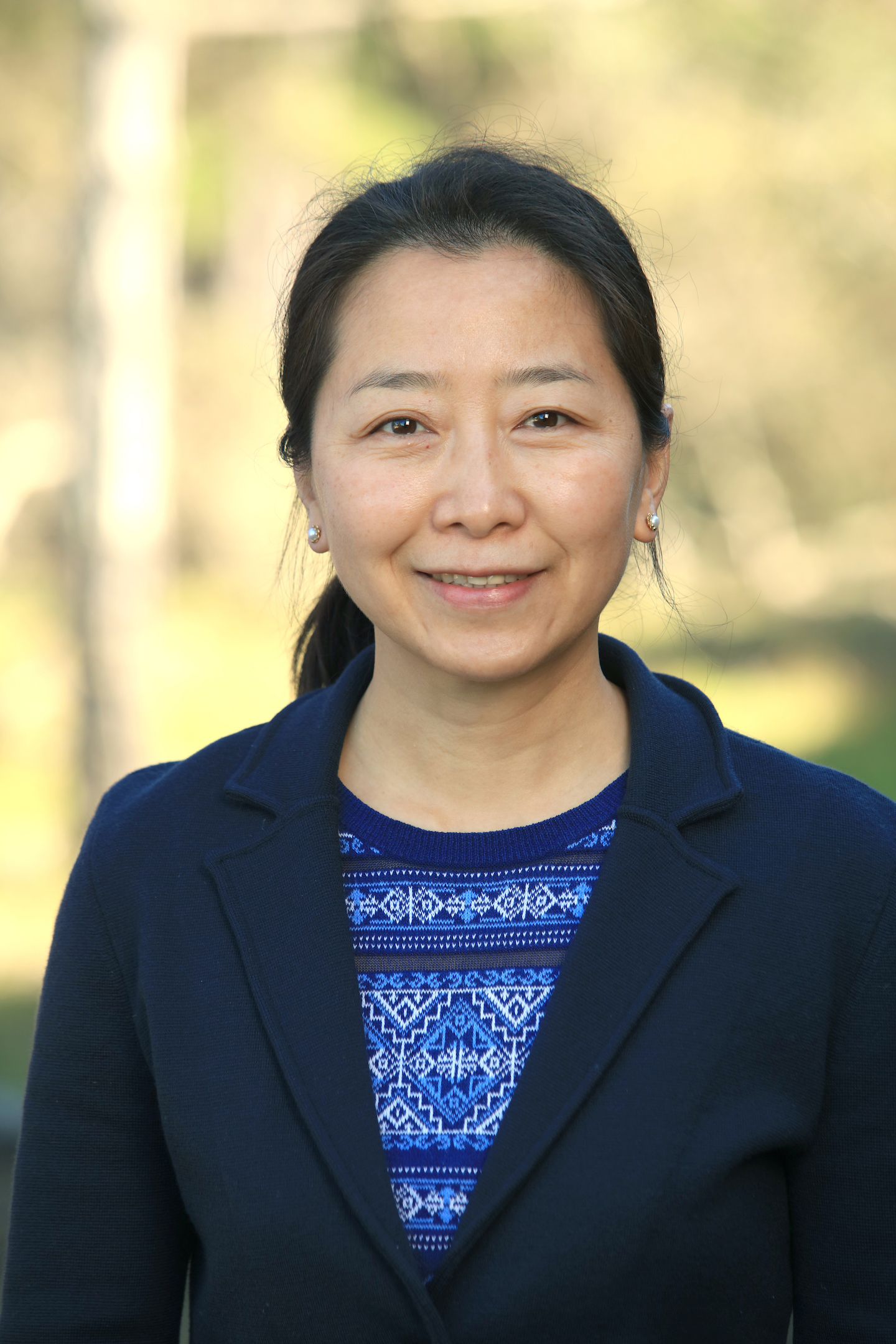Land-use change, principally deforestation, contributes 12% of global greenhouse gas emissions. The most important driver of deforestation is the global demand for agricultural commodities; agribusinesses clear huge tracts of forest and use the land for cattle ranching and to plant high-value cash crops like palm oil and soya.
As China is the top consumer market for these commodities, TNC’s Global Engagement teams are working with stakeholders in the region to advance responsible trade and consumption of these forest-risk commodities, with efforts that include:
- Regulatory measures that encourage China market demand for legally and sustainably sourced commodities
- Collaboration with trading partners on how and why to make smarter decisions in their sourcing
- Innovative financing to help support farmers and ranchers in producer countries their transition to zero conversion production
- Developing and fostering spatial remote sensing platforms and innovative analyses for practical business decision-making
“We are facing a complicated world—geopolitically, economically, culturally, and socially. Only by helping each other identify, understand, and incorporate DEIJ into our mission can we develop strategies to achieve lasting and sustainable conservation results to ensure fair treatment, access, opportunity, and advancement for all people.”
— Dong Ke, Global Engagement Director, TNC China
Global Engagement Director, TNC China
Dong Ke
Dong Ke leads China’s global engagement strategy for TNC, which involves collaborating with global teams on issues relating to China’s responsible soft commodities footprint, overseas investments, and nature-based solutions for climate. She has over 25 years of experience in natural resources management, environmental governance, and climate. Before joining TNC, she worked for China’s State Forestry Administration, World Wide Fund for Nature (WWF) and International Union for Conservation of Nature (IUCN) in Beijing. This background has provided her a broad cross cultural and interdisciplinary knowledge and network related to sustainable development in China and globally. In addition to earning an MBA from Eastern Oregon University, Dong Ke holds a PhD in silviculture from Beijing Forestry University.
-
Twenty-five years ago, forestry was male-dominated field in China. I realized there was bias and inequality in my workplace after I learned that I landed my first job at the Chinese Academy of Forest Inventory and Planning mainly because my employer thought I was a man, based on my gender-neutral name—he did not even interview me.
We are facing a complicated world—geopolitically, economically, culturally, and socially—and we’re addressing complicated crises of rapid climate change and biodiversity loss more catastrophic than my personal experience. Only by helping each other identify, understand, and incorporate DEIJ into our mission can we develop strategies to achieve lasting and sustainable conservation results to ensure fair treatment, access, opportunity, and advancement for all people.
-
For our conservation work, issues like supply chain can’t be addressed by one country or BU alone. Further, we lack the time to start conservation experiment pilots or policy development from scratch in every place. We need to accelerate application of existing science and successful replicable policy and finance mechanisms at scale across BU administrative boarders.
We engage directly with major companies and industry groups on how and why to make smarter decisions in their sourcing, constructively challenging them to improve their monitoring, traceability, and transparency to be free of deforestation and habitat conversion by 2025. We work to inform public policy in key consumer countries like China, and in important South American producer countries, to change the structures that currently favor agricultural expansion over native habitat in our global food system.
We develop financial mechanisms including farm loans for pasture recovery and sustainable intensification of soy and cattle production and monetizing the carbon benefits of improved agricultural practices to help support farmers and ranchers in their transition to zero conversion production. All the while, TNC holds us accountable by monitoring our progress intensively.
-
Internally, with leadership support there is increased attention to awareness, capacity, and resources on DEIJ which has been built into our conservation, communication, and operation teams. This serves as a solid foundation for action.
In addition, TNC colleagues, at least in Asia Pacific region, are required to include at least one DEIJ related objective in their annual performance appraisal which is an effective mechanism to encourage everyone at TNC to practice DEIJ in their work. Externally, we intentionally invite more diversified groups such as women and minority group representatives to join meetings and workshops to better understand and incorporate their perspectives in our program design and implementation.
Although there is progress, I want to say that we need to be humble. We still need to keep improving DEIJ in our work and learning from successes and failures of our DEIJ efforts to date internally and externally.

